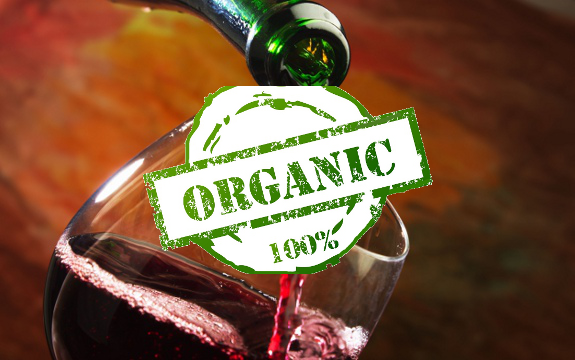Are You Drinking The Wrong Kind of Wine?

 Many of us seek out organic varieties of our favorite produce, or at least those pegged as the “Dirty Dozen”. But far fewer seek out organic wines to pair with those pesticide-free meals. Should organic wine be your go-to when shopping for a red or white to go with dinner? And are wine-makers subject to the same USDA standards when seeking organic certification?
Many of us seek out organic varieties of our favorite produce, or at least those pegged as the “Dirty Dozen”. But far fewer seek out organic wines to pair with those pesticide-free meals. Should organic wine be your go-to when shopping for a red or white to go with dinner? And are wine-makers subject to the same USDA standards when seeking organic certification?
Writer Danny Seo outlines several good reasons to opt for organic wines. Many of these reasons are identical to the reasons we opt for organic anything.
Organic wines won’t contain pesticides that conventional wines do; this is true. Organic wines do have standards that mean the vast amount of pesticides used on conventional crops are not allowed.
Seo says a conventionally produced bottle of wine can contain up to 250 types of “chemicals,” where organic wines will not have many of the herbicides, pesticides, fertilizers, and other contaminants normally present in conventional wine varieties.
Organic wines also have fewer sulfites. In a small amount of the population, sulfites can trigger an allergic reaction resulting in headaches.
Also, by supporting organic winemakers, you are supporting growers that believe in sustainable growing and eco-friendly practices.
So, how do you make sense of organic wine labels?
There is significant confusion over what makes a wine organic, according to Organic Consumers. That organization says much of the confusion occurs because winemakers were really left out of the discussion until fairly recently. Now, there are several different organic labels being assigned to wines, with each meaning something different.
- Wines labeled as “organic” with the USDA seal must be made from organically-grown grapes and provide information on who certified the wine. This wine cannot have any added sulfites, only those that are naturally occurring and less than 20 parts per million.
- If the label reads, “Made with Organic Grapes”, it means just that. The wine is made with organically grown grapes, but there are no restrictions on sulfites.
- Other labels like “made with organic ingredients” are far more vague. Consumers should look for details on the bottle as to what those ingredients are and which ingredients are non-organic.
Like buying organic foods, organic wine is just another step one can take to support farmers and producers going the extra mile, while supporting one’s own health, too, of course.
